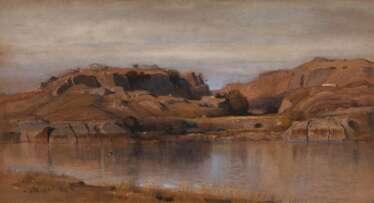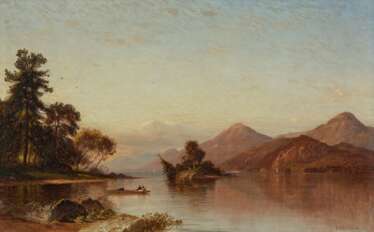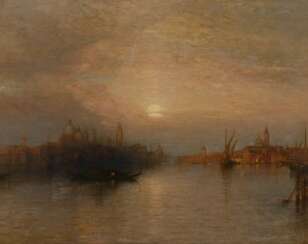Samuel Colman (1832 - 1920) — Auction price
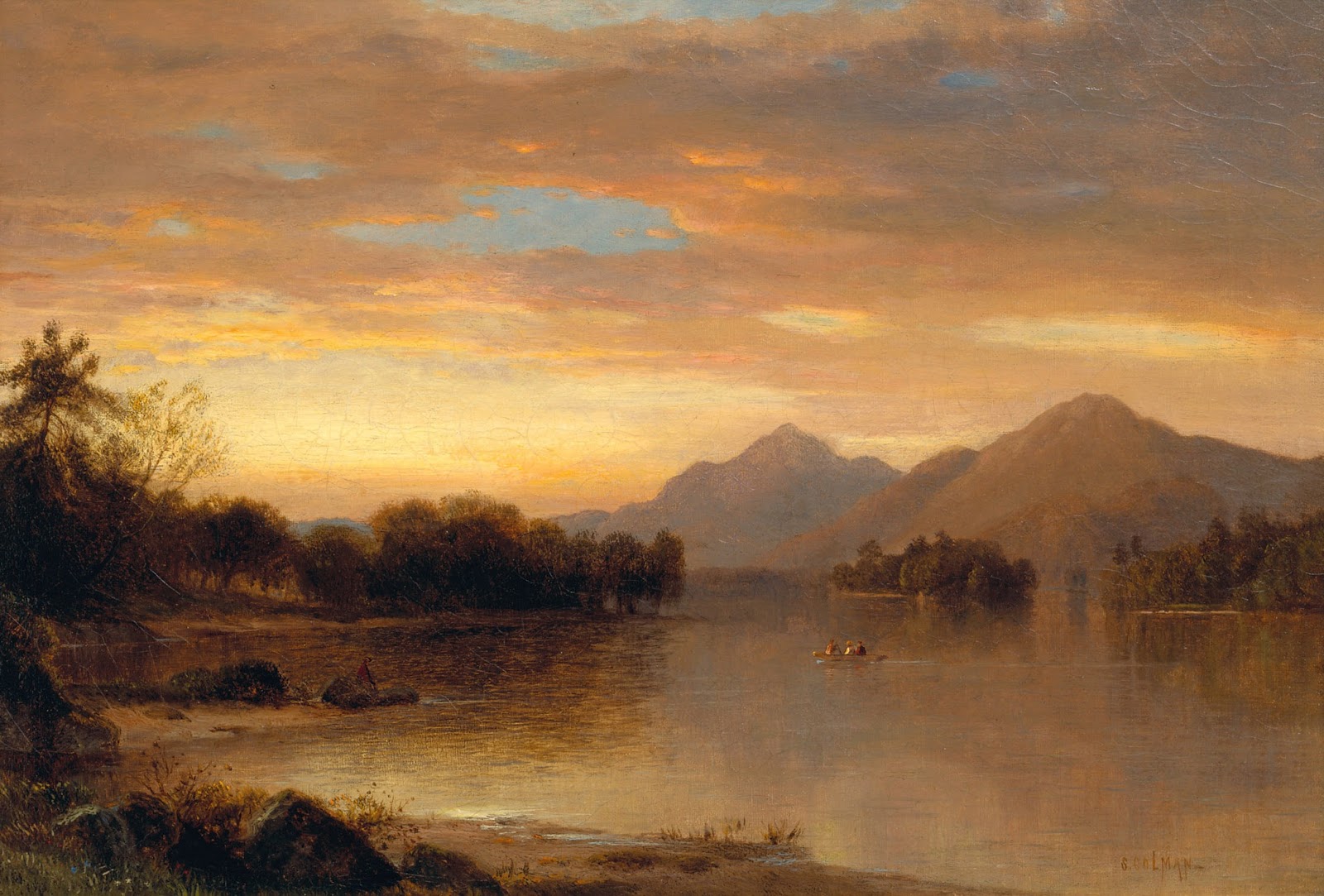
Samuel Colman was an American artist, celebrated for his contributions to the Hudson River School, an art movement known for its romantic portrayal of the American landscape. Born in Portland, Maine, in 1832, Samuel Colman moved to New York City during his youth, where he immersed himself in the art world, influenced by his father's profession as a bookseller and publisher of fine arts. He was a pupil of Asher Durand, a leading figure in the Hudson River School, and this mentorship significantly shaped his artistic direction.
Samuel Colman's work is recognized for its diversity, capturing various landscapes from the bustling harbors of Seville to the serene Green River Valley in Wyoming. His travels across Europe and the American West provided a rich tapestry of subjects for his paintings, reflecting his interest in both oil and watercolor mediums. Notably, his painting "Spanish Peaks, Southern Colorado, Late Afternoon" is an example of his mastery in depicting the American West, offering vital visual records of the nation's landscapes during the 19th century.
A notable figure in the art community, Samuel Colman was instrumental in the establishment of the American Watercolor Society, serving as its first president. His contributions to art were not limited to painting; he was also involved in interior design and wrote theoretical treatises on art. Colman's works are held in prestigious institutions, including the Metropolitan Museum of Art and the Smithsonian American Art Museum, where they continue to inspire and captivate audiences with their portrayal of natural beauty and harmonious unity.
For art collectors and experts, understanding Colman's influence and the breadth of his work offers valuable insights into the evolution of American landscape painting. If you're intrigued by Samuel Colman's artistic legacy and wish to stay informed about sales and auction events related to his work, consider signing up for updates to enrich your collection and knowledge of this distinguished artist.
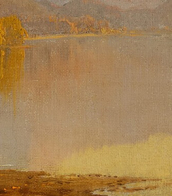

Samuel Colman was an American artist, celebrated for his contributions to the Hudson River School, an art movement known for its romantic portrayal of the American landscape. Born in Portland, Maine, in 1832, Samuel Colman moved to New York City during his youth, where he immersed himself in the art world, influenced by his father's profession as a bookseller and publisher of fine arts. He was a pupil of Asher Durand, a leading figure in the Hudson River School, and this mentorship significantly shaped his artistic direction.
Samuel Colman's work is recognized for its diversity, capturing various landscapes from the bustling harbors of Seville to the serene Green River Valley in Wyoming. His travels across Europe and the American West provided a rich tapestry of subjects for his paintings, reflecting his interest in both oil and watercolor mediums. Notably, his painting "Spanish Peaks, Southern Colorado, Late Afternoon" is an example of his mastery in depicting the American West, offering vital visual records of the nation's landscapes during the 19th century.
A notable figure in the art community, Samuel Colman was instrumental in the establishment of the American Watercolor Society, serving as its first president. His contributions to art were not limited to painting; he was also involved in interior design and wrote theoretical treatises on art. Colman's works are held in prestigious institutions, including the Metropolitan Museum of Art and the Smithsonian American Art Museum, where they continue to inspire and captivate audiences with their portrayal of natural beauty and harmonious unity.
For art collectors and experts, understanding Colman's influence and the breadth of his work offers valuable insights into the evolution of American landscape painting. If you're intrigued by Samuel Colman's artistic legacy and wish to stay informed about sales and auction events related to his work, consider signing up for updates to enrich your collection and knowledge of this distinguished artist.
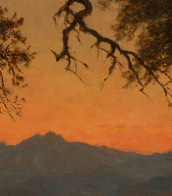

Samuel Colman was an American artist, celebrated for his contributions to the Hudson River School, an art movement known for its romantic portrayal of the American landscape. Born in Portland, Maine, in 1832, Samuel Colman moved to New York City during his youth, where he immersed himself in the art world, influenced by his father's profession as a bookseller and publisher of fine arts. He was a pupil of Asher Durand, a leading figure in the Hudson River School, and this mentorship significantly shaped his artistic direction.
Samuel Colman's work is recognized for its diversity, capturing various landscapes from the bustling harbors of Seville to the serene Green River Valley in Wyoming. His travels across Europe and the American West provided a rich tapestry of subjects for his paintings, reflecting his interest in both oil and watercolor mediums. Notably, his painting "Spanish Peaks, Southern Colorado, Late Afternoon" is an example of his mastery in depicting the American West, offering vital visual records of the nation's landscapes during the 19th century.
A notable figure in the art community, Samuel Colman was instrumental in the establishment of the American Watercolor Society, serving as its first president. His contributions to art were not limited to painting; he was also involved in interior design and wrote theoretical treatises on art. Colman's works are held in prestigious institutions, including the Metropolitan Museum of Art and the Smithsonian American Art Museum, where they continue to inspire and captivate audiences with their portrayal of natural beauty and harmonious unity.
For art collectors and experts, understanding Colman's influence and the breadth of his work offers valuable insights into the evolution of American landscape painting. If you're intrigued by Samuel Colman's artistic legacy and wish to stay informed about sales and auction events related to his work, consider signing up for updates to enrich your collection and knowledge of this distinguished artist.

